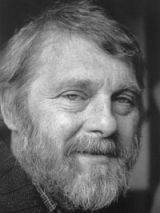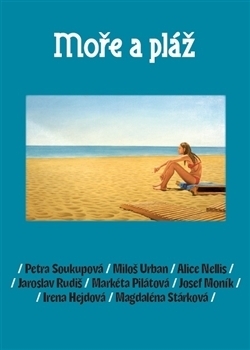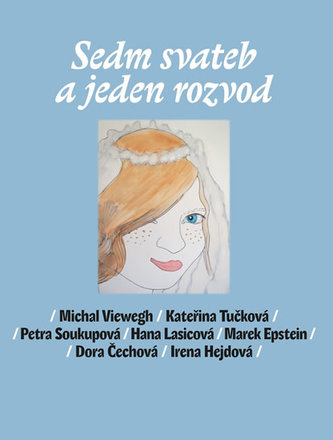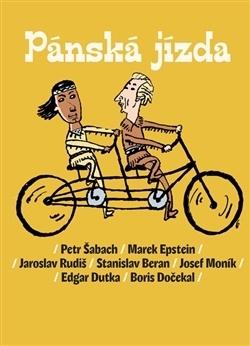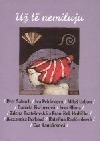
Part of Series
Authors
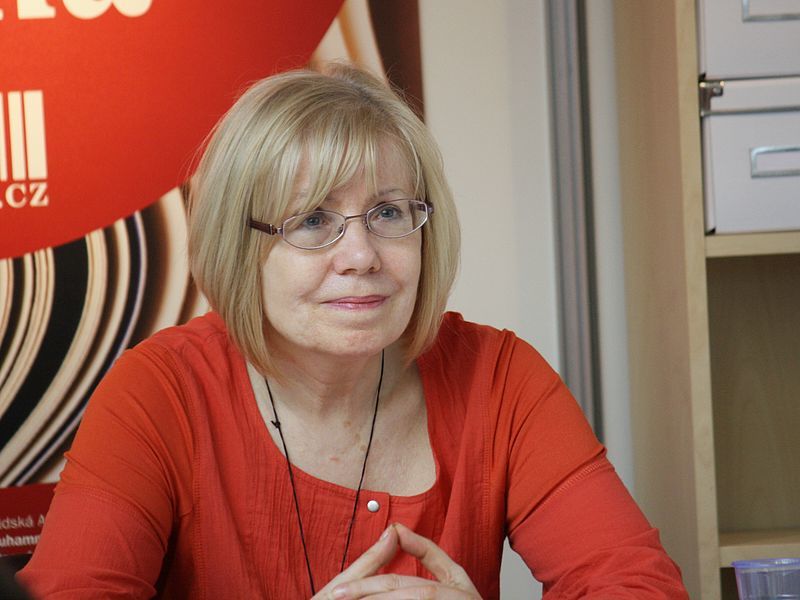
Alexandra Berková (July 2, 1949 – June 16, 2008) was a Czech writer and educator. The daughter of an orchestra conductor and a journalist, she was born in Trenčín and studied Czech literature and applied arts at Charles University in Prague. From 1973 to 1981, she worked as an editor for a publishing house and, after 1905, as a high school teacher in creative arts. From 1983 to 1991, Berková wrote for Czechoslovak Television. After the 1989 Revolution, she helped organize the Writers' Council and helped found the feminist group New Humanity. She married the painter Vladimír Novák and they had two children but later separated. Narodila se 2. července 1949 v Trenčíně. Jejím otcem byl dirigent symfonického orchestru Bohumil Berka a matka byla novinářka. Od devíti let až do vysokoškolských studií žila v Teplicích. Maturovala na SUPŠ sklářské v Kamenickém Šenově a v letech 1968–1973 studovala na FF UK v Praze češtinu a výtvarnou výchovu. Absolvovala prací o literárněkritických sporech Karla Čapka ve 30. letech, tuto později rozšířila na rigorózní – titul PhDr. získala v roce 1980. Pracovala například jako redaktorka v nakladatelstvích Svoboda (1973–79) a Československý spisovatel (1979–81), později také jako uklízečka v kostele. Časopisecky debutovala roku 1976 v Literárním měsíčníku povídkou Miniromán, knižně pak v roce 1986 sbírkou Knížka s červeným obalem. Stála u zrodu Obce spisovatelů, byla rovněž vůdčí osobností Hejna českých spisovatelů Mamut a od roku 2006 byla členkou výboru českého PEN klubu. Věnovala se psaní televizních scénářů, rozhlasových her a publicistice. Z později rozvedeného manželství s malířem Vladimírem Novákem (* 1947) vzešla dcera Nikola Nováková (* 1975), malířka. Po roce 1990 začala učit tvůrčí psaní na Gymnáziu Josefa Škvoreckého, poté na VOŠ Josefa Škvoreckého a na Literární akademii – zde také od roku 2001 vedla katedru tvůrčího psaní. Patřila k průkopníkům tohoto oboru v Česku a pro časopis Tvar psala "manuál na pokračování" O psaní. Žila v Praze, kde také 16. června 2008 zemřela.
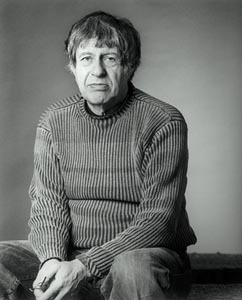
Ivan Klíma (born 14 September 1931, Prague, born as Ivan Kauders) is a Czech novelist and playwright. He has received the Magnesia Litera Award and the Franz Kafka Prize, among other honors. Klíma's early childhood in Prague was happy and uneventful, but this all changed with the German invasion of Czechoslovakia in 1938, after the Munich Agreement. He had been unaware that both his parents had Jewish ancestry; neither were observant Jews, but this was immaterial to the Germans. In November 1941, first his father Vilém Klíma, and then in December, he and his mother and brother were ordered to leave for the concentration camp at Theriesenstadt (Terezín), where he was to remain until liberation by the Russian Liberation Army in May, 1945. Both he and his parents survived incarceration—a miracle at that time—Terezín was a holding camp for Jews from central and southern Europe, and was regularly cleared of its overcrowded population by transports to "the East", death camps such as Auschwitz. Klíma has written graphically of this period in articles in the UK literary magazine, Granta, particularly A Childhood in Terezin. It was while living in these extreme conditions that he says he first experienced “the liberating power that writing can give”, after reading a school essay to his class. He was also in the midst of a story-telling community, pressed together under remarkable circumstances where death was ever-present. Children were quartered with their mothers, where he was exposed to a rich verbal culture of song and anecdote. This remarkable and unusual background was not the end of the Klíma's introduction to the great historical forces that shaped mid-century Europe. With liberation came the rise of the Czech Communist regime, and the replacement of Nazi tyranny with proxy Soviet control of the inter-war Czech democratic experiment. Klima became a member of the Communist Party of Czechoslovakia.[4] Later, his childhood hopes of fairy tale triumphs of good over evil became an adult awareness that it was often “not the forces of good and evil that do battle with each other, but merely two different evils, in competition for the control of the world”. The early show trials and murders of those who opposed the new regime had already begun, and Klíma's father was again imprisoned, this time by his own countrymen. It is this dark background that is the crucible out of which Klíma's written material was shaped: the knowledge of the depths of human cruelty, along with a private need for personal integrity, the struggle of the individual to keep whatever personal values the totalitarian regimes he lived under were attempting to obliterate. For his writing abilities, Ivan Klíma was awarded Franz Kafka Prize in 2002 as a second recipient. His two-volume memoir Moje šílené století ("My Crazy Century") won the Czech literary prize, the Magnesia Litera, in the non-fiction category in 2010. Biography from http://en.wikipedia.org/wiki/Ivan\_Kl%...
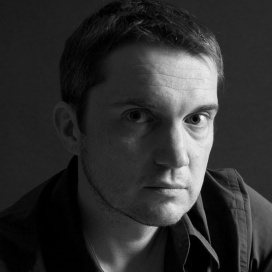
Vystudoval moderní filologii na katedrách anglistiky a nordistiky na FF UK v Praze (1986–1992), v letech 1992–2000 pracoval jako redaktor v nakladatelství Mladá fronta, od roku 2001 v nakladatelství Argo, kde rok zastával funkci šéfredaktora. Vydal šest románů, několik novel a sbírku povídek; jeho knihy byly přeloženy do němčiny, španělštiny, holandštiny, maďarštiny, ruštiny a italštiny. Napsal také divadelní hry (Trochu lásky a Nože a růže) a několik povídek otištěných v různých časopisech (např. Host) a v povídkových knihách nakladatelství Listen.
